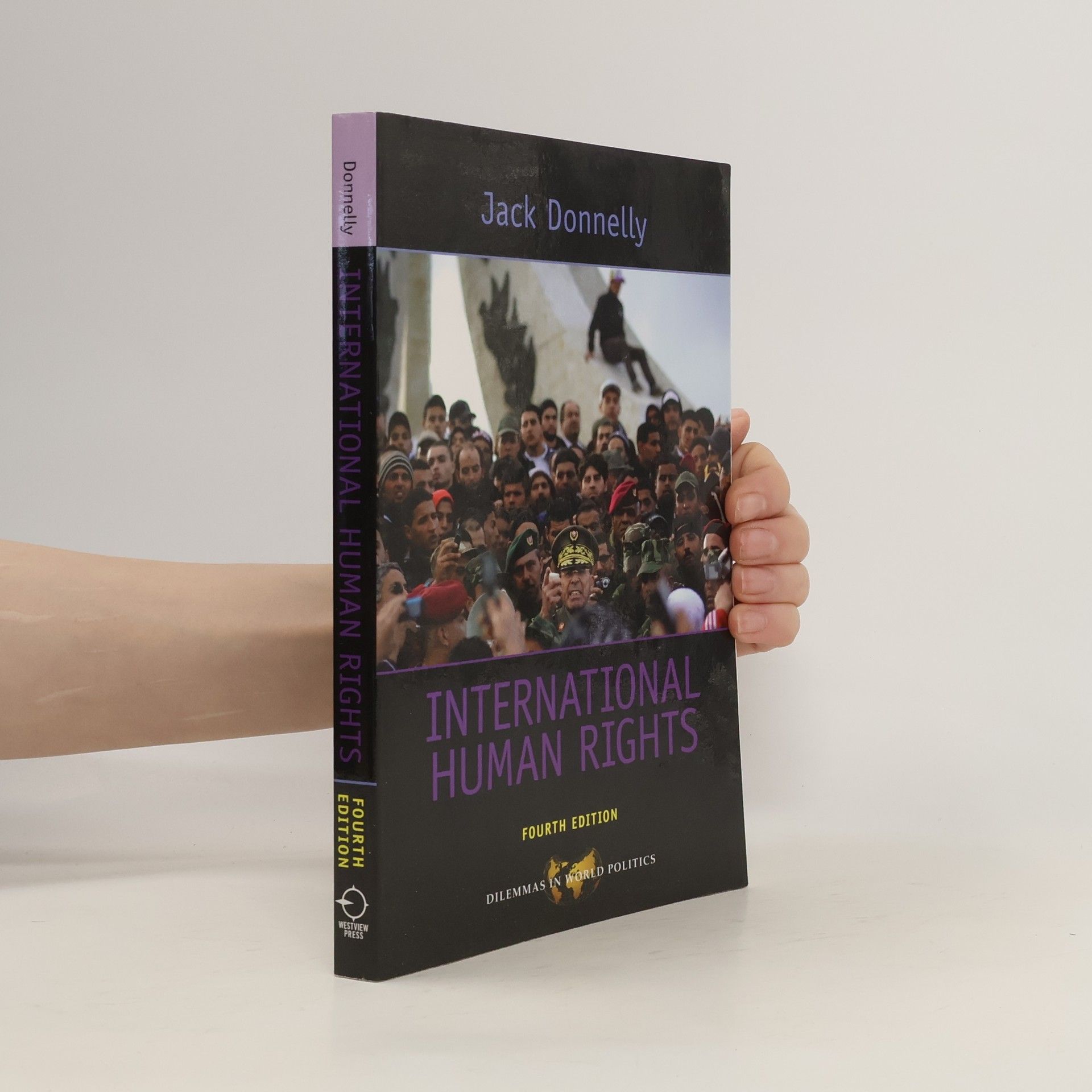International Human Rights studies the ways in which states and other international actors have addressed human rights since the end of World War II. This unique textbook features substantial attention to the domestic politics of human rights, as well as an extensive emphasis on theory. The fourth edition is substantially rewritten and reorganized to enhance usability, with new material is added to bring the text up to date. The sections covering multilateral, bilateral, and transnational action have been broken into seven short chapters, and new case studies provide context and points of comparison. Additionally, nine "problems" have been added to the text, which along with the chapter-ending discussion questions, frame alternative interpretations, highlight controversies, and ultimately aim to provoke further thought and discussion.
Jack Donnelly Livres


Universal Human Rights in Theory and Practice
- 336pages
- 12 heures de lecture
Praise for the first edition: "Every once in a while a book appears that treats the leading issues of a subject in such a clear and challenging manner that it becomes central to understanding that subject. Universal Human Rights in Theory and Practice is just such a book.... Donnelly's interpretations are clear and argued with zest."―American Political Science Review "This wide-ranging book looks at all aspects of human rights, drawing upon political theory, sociology, and international relations as well as international law.... [Jack Donnelly] deals successfully with two of the principal challenges to the notion of the universality of human rights: the argument that some non-Western societies are not subject to Western norms, and the claim that economic development may require the sacrifice of some human rights."―Foreign Affairs In a thoroughly revised edition of Universal Human Rights in Theory and Practice (more than half of the material is new), Jack Donnelly elaborates a theory of human rights, addresses arguments of cultural relativism, and explores the efficacy of bilateral and multilateral international action. Entirely new chapters address prominent post-Cold War issues including humanitarian intervention, democracy and human rights, "Asian values," group rights, and discrimination against sexual minorities.